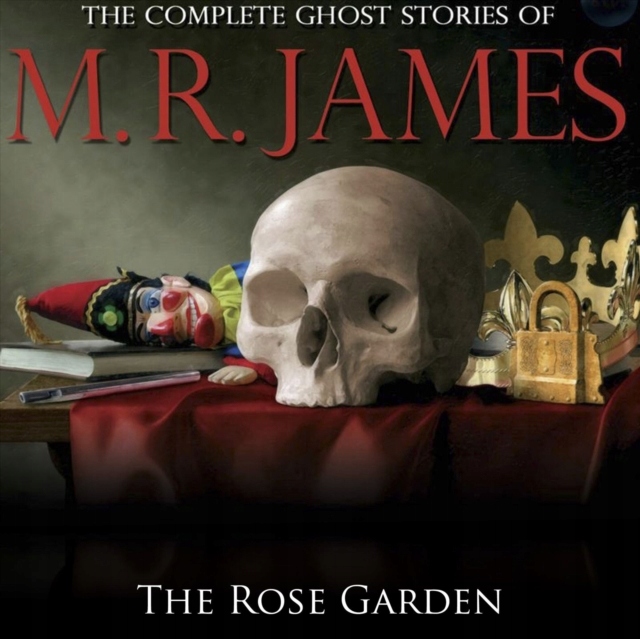“The Rose Garden” is a ghost story by the English medievalist and author M. R. James (1862–1936), first published in his More Ghost StoriesCollection of seven short stories by the English medievalist and author M. R. James, first published in 1911. (1911).
The setting for the story is the Westfield estate in Essex, which Mr and Mrs Anstruther bought from Miss Wilkins a few years earlier, and it is told as a third-person narrative.
Synopsis
Mrs Anstruther has decided to lay out a new rose garden and has selected a spot close to the village church, where it seems like there might once have been a summer house, as there are some old seats and a post on the site. She orders the area to be cleared, and later that day visits the site to complete a sketch she is making of the church.
Mrs Anstruther is joined by Miss Wilkins, who is making her last visit before leaving the village for good. Miss Wilkins confirms that there was once a summer house on the site, but her father had it pulled down after she and her eight-year-old brother Frank had a frightening experience there, in which Frank dreamed that he was being accused of some serious crime in a court of law. She also recalls hearing her father discussing it with an old man who used to do odd jobs in the place, and the old man saying “Don’t you fear for that, sir: he’s fast enough in there without no one don’t take and let him out”.
Mrs Anstruther spends a troubled night, convinced that some “roughs” had got into the garden and disturbed by a number of noisy owls, one of which she is certain had perched outside their bedroom window. Mr Anstruther is even more troubled, having experienced a vivid nightmare in which he is on trial for high treason, and gives an account remarkably similar to that which Mrs Anstruther had heard from Miss Wilkins.
Revived by lunch, Mrs Anstruther returns to the site of her proposed rose garden to continue working on her sketch of the church. As the afternoon turns to dusk she begins to pack up, when she hears a rustling in the shrubbery, and sees a face in the bushes, which slowly disappears. Returning to the shelter of her house, she collapses.
A week later the Anstruthers receive a circular from the Essex Archæological Society, enquiring about an engraving of “Sir —— ——, Lord Chief Justice under Charles II”,
Mrs Anstruther is so shocked by these events that it is decided that she must winter abroad. Before they leave the village, Mr Anstruther tells his story to the elderly rector, who displays little surprise. The rector says that there is nothing in the church registers except the entry of the burial, and what he had initially believed to the family motto, until he noticed that it had been added by a previous rector in the late 17th century.
The addition is the Latin”Quieta non movere“, which translates as “do not move settled things”.[1]
Adaptions
“The Rose Garden” has been adapted for radio by the BBC in an episode of their 15 Minute Drama series, broadcast in 2007.[2]
See also
- M. R. James bibliographyList of the works written by M. R. James.
External links
- Full text of “The Rose Garden” at Project Gutenberg

